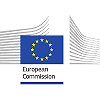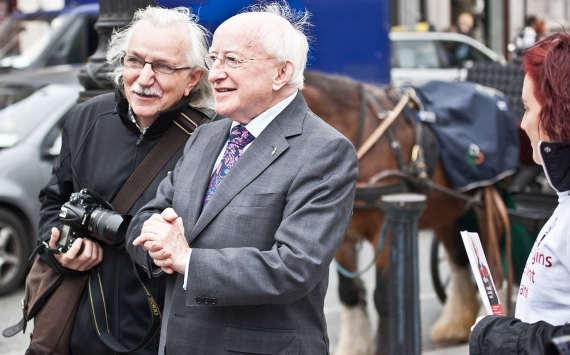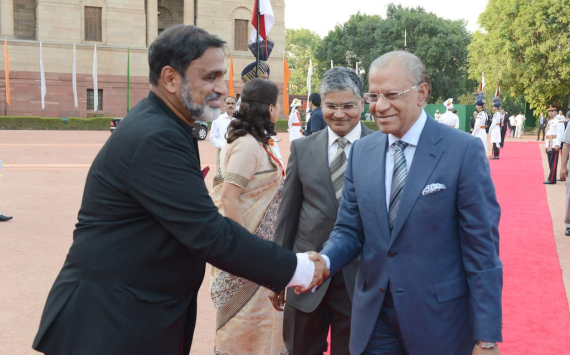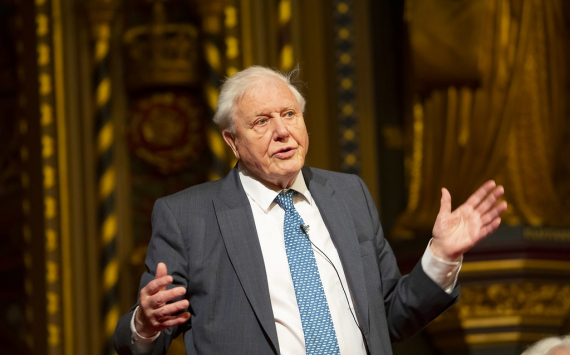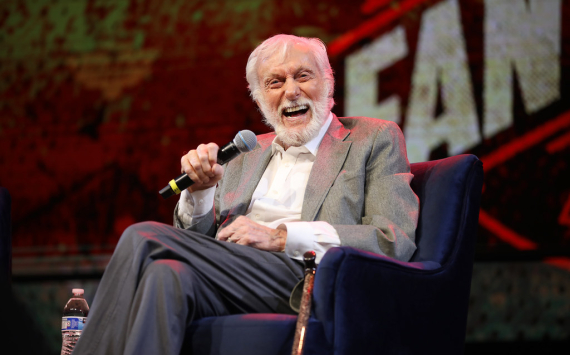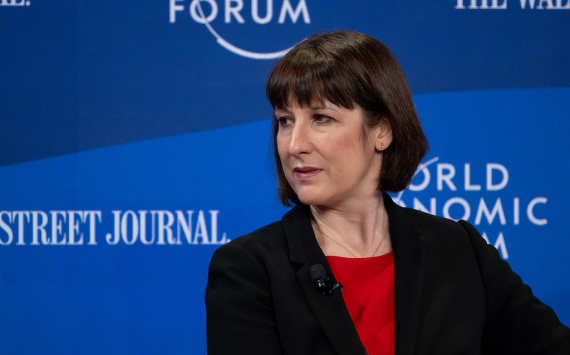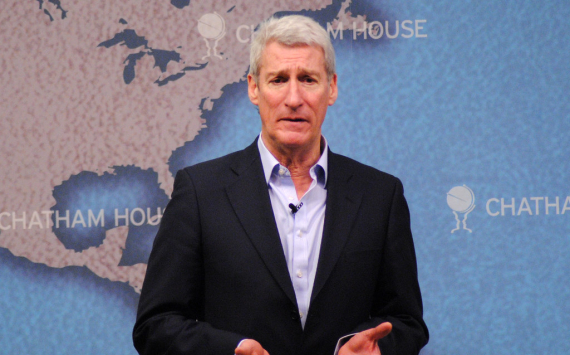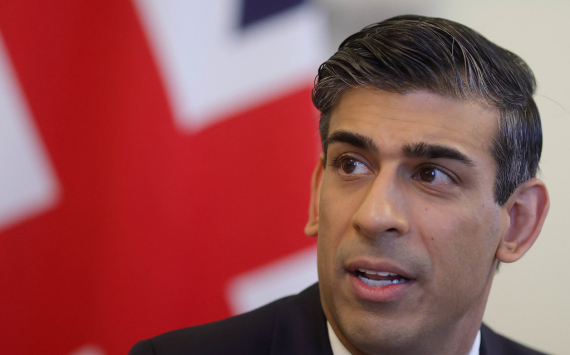
Channel Crossings Crisis
Conservative MPs are voicing strong concerns about the UK Government's strategy for managing Channel crossings, particularly in the wake of the European Union's rejection of discussions regarding the potential return of migrants to France.
Mark Francois, a Tory MP, is at the forefront of this discontent, demanding greater clarity from government ministers. This demand comes as the number of arrivals in the UK exceeded 100,000 last week.
Efforts to control the influx of asylum seekers and to provide housing for existing migrant populations have faced significant challenges due to adverse conditions.
Francois is calling for immediate action before the Parliament resumes in September. He is urging Rishi Sunak, the Chancellor, to address three specific aspects:
- Interim Strategies;
- Supreme Court Verdict;
- Fallback Plans.
The UK Government's recent initiatives have been marred by legal disputes and missteps. The latest point of contention revolves around the EU's opposition to discussions about sending migrants who have crossed the Channel back to France.
In March, the Prime Minister and French President Emmanuel Macron reached an agreement in which the UK committed £480 million over three years. These funds were intended to support the establishment of a new detention center for migrants in France and the deployment of 500 security and support agents to prevent unauthorized crossings.
It's important to note that the focus of this agreement was on prevention rather than repatriation. However, the EU has expressed skepticism about the effectiveness of this approach.
Recent reports suggest that a senior EU Commission official communicated to UK national security adviser Sir Tim Barrow that the EU has no intention of negotiating a returns agreement. Allegedly, Bjoern Seibert, who heads EU Commission President Ursula von der Leyen's cabinet, explicitly indicated that the EU is not interested in pursuing this option.
However, a spokesperson for the Commission has refuted these reports, asserting that they are inaccurate. The spokesperson confirmed, after direct inquiry, that Mr. Seibert never made such statements.






